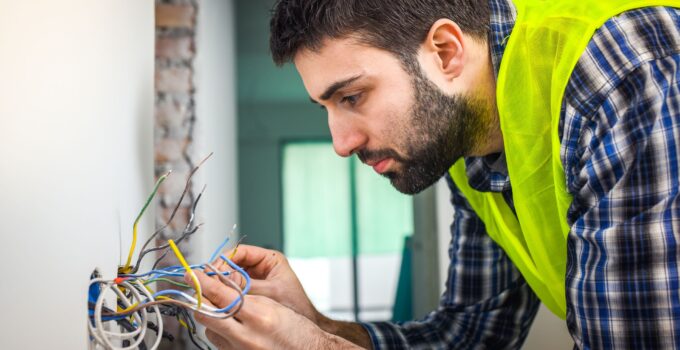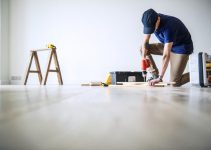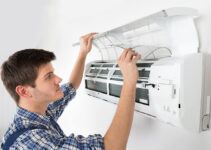Are you planning to get the wiring of your home done? It can be a new installation or revamping the old ones, the task is exhausting. A lot of things are to be considered before you get started and also, you need to ensure that everything is set up properly. Not every homeowner has all the information when it comes to home wiring and so we are here today.
To help our readers get the basics of home wiring right, we have listed some key fundamentals for the process. Get started with building your dream home, or replace the old wiring on a budget with us.
1. Power Entrance
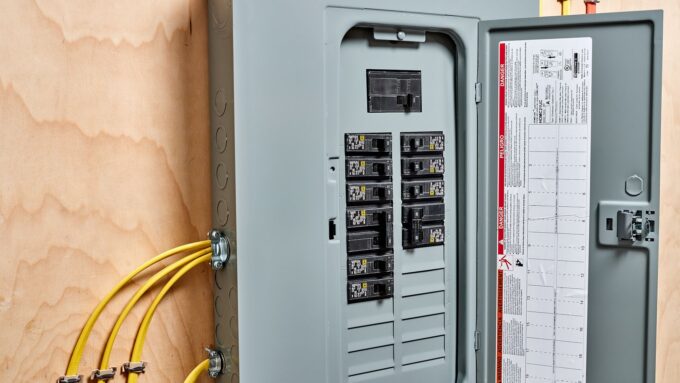
Source: thespruce.com
The power entrant equipment is the main unit from where the service of electricity power enters the home. Most of the electrical services offered to residences include three different wirings, where two cables carry the power of 120 volts each and the third one is the grounded neutral wire. The cables are known as the service drop if they are being hung overhead to connect to the system.
On the contrary, if the wires are connected and routed underground they are called service lateral. The wire being hung on the head is usually connected to the one routed underground through the walls of the home or the exteriors.
2. Electric Circuits
When it comes to house wiring, there are several different kinds of circuits installed all over that serve different purposes. Hence, you should have information and understanding about each one to be able to fix each one. A few units are there to offer power to the lights whereas others provide power to the outlet.
Also, you should know that some of the major systems installed at your home like the dishwasher or the HVAC system have systems dedicated to them for enhanced performance. This helps homeowners to reduce the risk of having increased power in one circuit and reduced power in another.
3. The Risk Of House Wiring
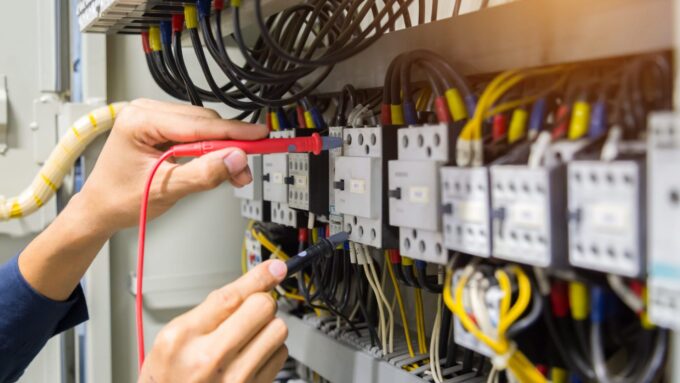
Source: coynecollege.edu
Before getting started with the house wiring, you need to make sure that there is no major risk involved in the process. If a high level of risk is involved, or if you are not too sure about the process, we recommend you to not do it solely. The wiring of the entire house has enough power to damage your home or cause some injuries to you.
Professionals have the required expertise and knowledge of getting the wiring task done. Also, they shut off the power supply before getting started with any kind of electrical work. This helps reduce the complexities and risks involved with house wiring.
4. Wiring Installation
The installation of wiring is a long and tedious task. To do it yourself, you may have to give up on other tasks for a few days so that you can do the wiring carefully. On the contrary, installing wires for light fixtures, light switches, or any other electrical fixture is usually straightforward. Though, there are some serious risks involved in the process and so you should be mindful.
If not confident enough we recommend you not to attempt the process on your own. There are several small details about which you may not have the information. If looking for an electrical company in Plymouth, visit this site. For instance, the type of wire to be used, the correct size, etc. This is why it is advisable to hire professionals.
5. Different Wire Sizes In The House
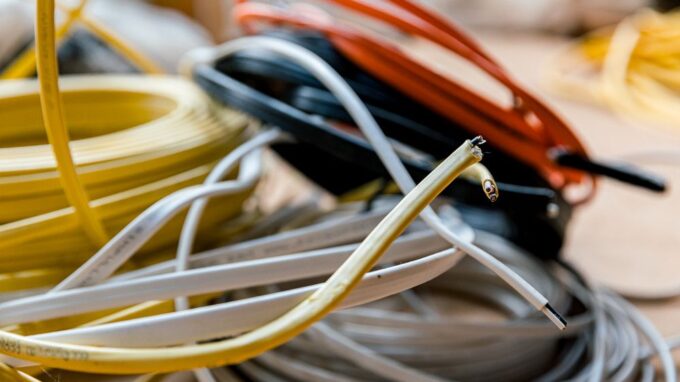
Source: thespruce.com
Your house has several different types of equipment and so you need to make sure that you are aware of the different types of wires used. The wiring in your house is available in varied different sizes, and the experts make sure to use the correct wire size.
The use of the wrong wire size increases the risk of fires and other potential threats, and so will need expert advice. Also, when doing it yourself, you may leave the power supply imbalanced, where more power is going to one outlet and the other one has reduced power.
6. Extra Circuits
When revamping the wire, you may feel the need of adding additional circuits to the system to make sure there is an adequate power supply. Having said that, if you feel that extra circuits should be added to the breaker panel, call for an electrician. For instance, if you are installing a new appliance that will need a good amount of power, you may have to install an additional circuit.
This task needs expert attention and so you will need professionals to make sure things go well. They will ensure the safe addition of the circuits so that the risk of fire is eliminated.
7. Breakers Of The Circuit
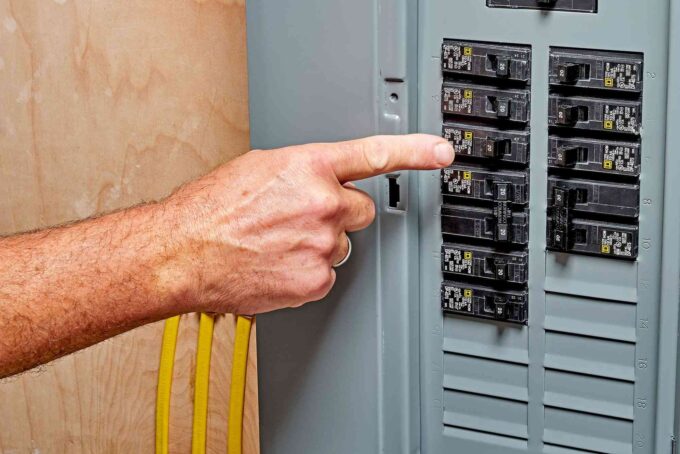
Source: thespruce.com
Circuit breakers are crucial installations for every household since they help prevent fire to a great extent. When the power supply gets overloaded, the breakers help break the circuit to make sure that it doesn’t run into the risk of fire. Breakers are available in a variety of types and sizes for homeowners to choose from. You need to ensure that you pick the right size for your system so that it performs adequately.
8. Electrical Codes For House Wiring
There are some codes available when it comes to the electrical wiring of a household. You should be familiar with such electrical codes to make sure things are connected and understood properly. They are critical for larger projects. If the laid out codes are not followed properly, then you can run into a risk of facing some electrical problems.
To prevent your house from developing into an unsafe space, hire professional help. They will get things done professionally and ensure safety.
The Bottom Line
When you DIY electrical tasks, there are chances of issues arising. Electrical mistakes can cost you something worse than what you have expected. Hence, you should not neglect and ignore the need for adequate wiring and professional help. They are aware of the details and ensure great results. Before you handle small tasks by yourself, you should keep a few things in mind for the safety of yourself and your family.

